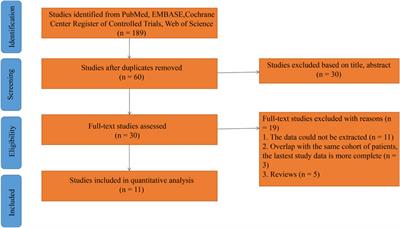EDITORIAL
Published on 08 May 2024
Editorial: Targeting ion homeostasis for cancer therapy: mechanisms and immunomodulatory effects
doi 10.3389/fphar.2024.1418700
- 705 views
5,493
Total downloads
22k
Total views and downloads
EDITORIAL
Published on 08 May 2024
ORIGINAL RESEARCH
Published on 13 Mar 2024
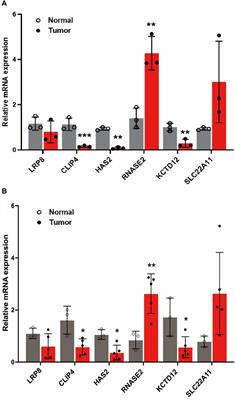
ORIGINAL RESEARCH
Published on 07 Mar 2024
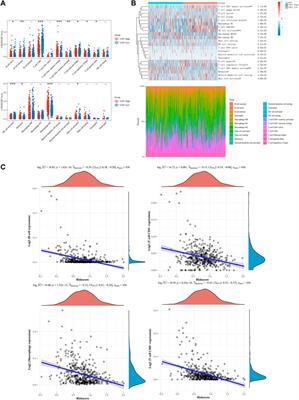
REVIEW
Published on 06 Mar 2024

REVIEW
Published on 23 Jan 2024
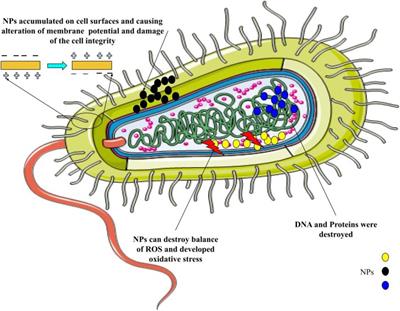
REVIEW
Published on 19 Dec 2023
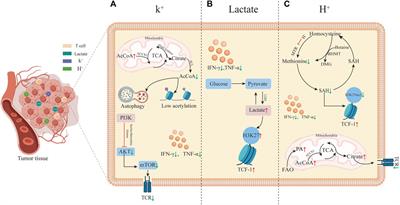
SYSTEMATIC REVIEW
Published on 14 Dec 2023
